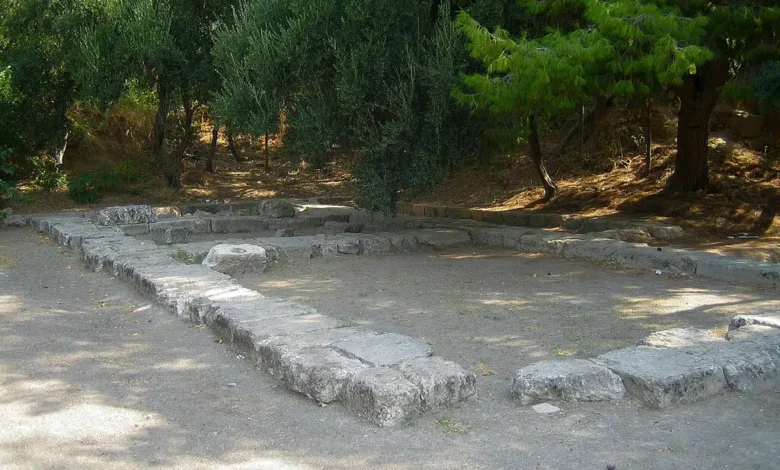
Italian Research Team May Have Found Plato’s Burial Site in Athens
Graziano Ranocchia, a papyrologist at the University of Pisa, said he found Plato’s exact burial place based on papyri findings in Herculaneum near Naples.
Discovered in the 18th century, the Herculaneum papyri comprise more than 1,800 prehistoric scrolls. In the opulent Villa of the Papyri, a Roman estate in Herculaneum, Italy, they were discovered. Buried and protected by volcanic ash for thousands of years, the Herculaneum scrolls represent the only large-scale library from the classical world that has survived in its entirety.
Using AI technology, scientists are now attempting to decipher the papyri. Found new words that indicated a 30% increase in text when compared to a 1991 analysis.
The discovery is contained in a thousand new or differently read words of the papyrus containing the History of the Academy of Philodemus of Gadara.
The discovery was revealed by papyrologist Graziano Ranocchia of the University of Pisa, presenting the mid-term results of the GreekSchools research project conducted with the National Research Council at the National Library in Naples.
Papyrologist Graciano Ranocchia claimed that the findings indicate that Plato was buried in the “Academy” named after him in Athens, in a garden near the “Temple of the Muses.” This breakthrough stems from a fresh interpretation of papyri written by Philodemus of the Epicurean school, detailing the history of the Academy.
Known as simply “The Academy,” or Plato’s Academy, was a well-known school in ancient Athens that was established outside the city walls in the northwest of the city in 387 BC. The legendary hero Academos is credited with giving the site its name.
Reexamined Herculaneum papyri by researchers indicate that Plato might have been sold into slavery either in 399 BC following Socrates’ passing or in 404 BC during the Spartan conquest of Aegina. This refutes earlier theories that dated the incident to 387 BC, during Plato’s stay in Syracuse.
There are differences in the ways that Cicero and Hermippus relate Plato’s demise: Cicero says he died while writing, while Hermippus says he died at a wedding at the age of 81 and was interred in the Academy.
Source: Arkeonews




